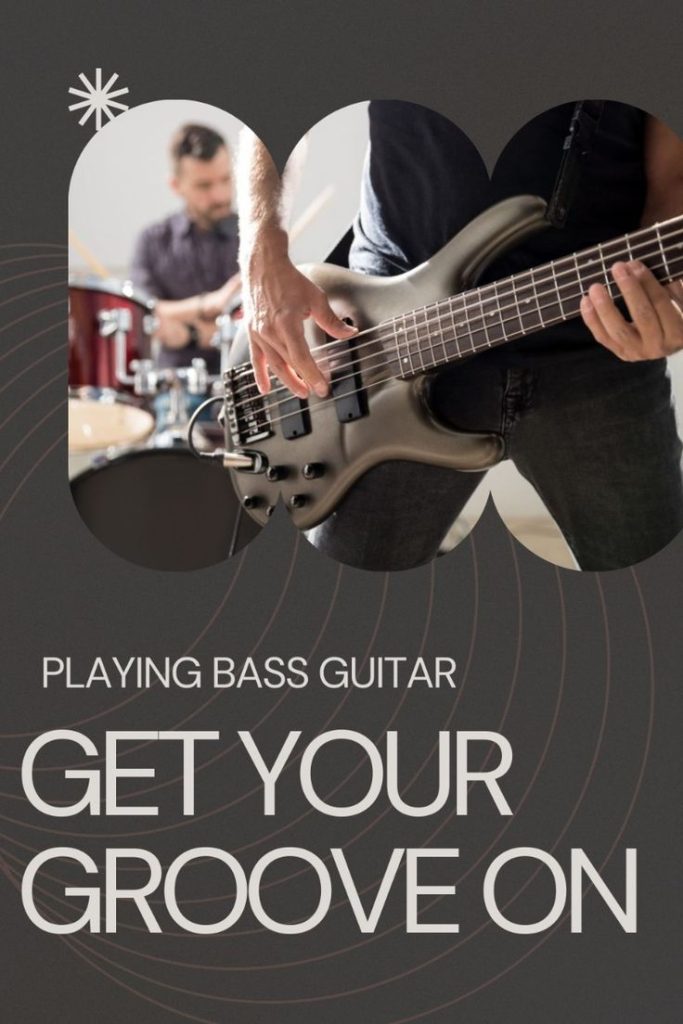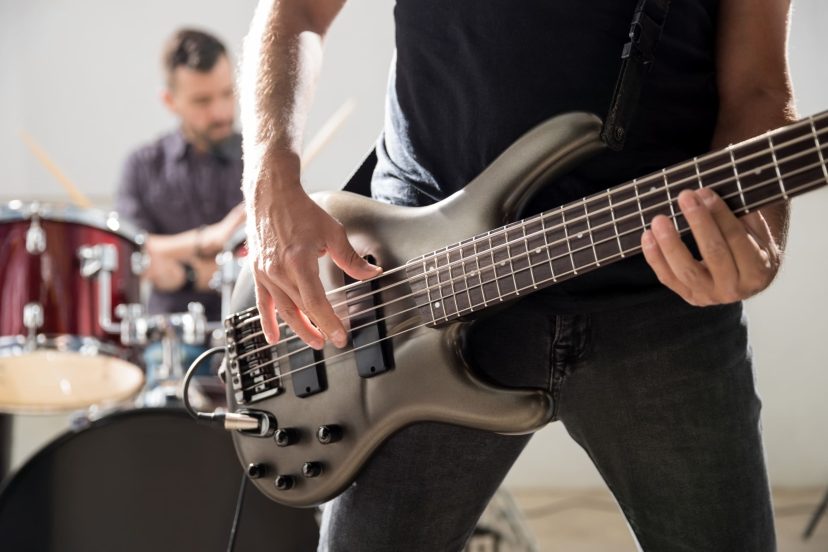Playing Bass Guitar: Get your Groove On
Introduction to Playing Bass Guitar
Bass guitar, often just referred to as “bass,” is an essential part of modern music. With its deep and rich tones, it lays the foundation for many genres. As a fellow enthusiast, I want to take you on a journey to discover the exciting world of playing bass guitar. From choosing the right instrument to mastering various techniques, let’s dive into this fascinating subject together.
Getting Started
Choosing the Right Bass Guitar
Buying a bass guitar can feel like an overwhelming task, especially if you’re new to the instrument. Just like choosing the right friend, you want a bass that feels comfortable and suits your style. Consider factors like size, string configuration, and body shape. Visit local music stores and try different models. Sometimes, it’s love at first strum! I have owned many different makes and models. They are like most things in life, they have attributes that you either feel comfortable with or don’t like. Don’t be afraid to try as many as your budget allows.
The Importance of Proper Technique
Imagine building a house without a solid foundation. It won’t stand for long, right? Similarly, learning proper bass technique is fundamental to your success. It ensures that you play without strain, injury, and with maximum efficiency. Start slow, focus on posture, and your playing will soon make your ears happy.
Understanding the Fundamentals
Anatomy of a Bass Guitar
Think of your bass guitar as a living organism. Its body, neck, fretboard, strings, and pickups all work together in harmony. Understanding these parts is akin to knowing your own body; it helps you communicate and express yourself through music. Embrace its anatomy, and your bass will become a part of you.
Playing Techniques and Finger Positions
The world of bass playing techniques is as vast as the ocean. From slapping to fingerstyle to picking, each technique is a unique color in your musical palette. When learning some songs, the only way you can reproduce what is on the recording, is to have the proper position to play demanding passages. I have learned this firsthand when playing many Rush songs or Chris Squire bass lines. Imagine painting a picture without knowing your colors; you’d be lost. Learn these techniques, practice them and it will make your job much easier.
Scales and Chords
Scales and chords are the language of music. They’re like the grammar and vocabulary that allow you to write beautiful sentences in your musical story. Learn them, understand them, and you’ll unlock endless creative possibilities. Players today have so many advantages over people like myself who are self taught in a time before the internet. Be sure to take advantage of Youtube and online membership sites with awesome teachers.

Practicing and Improving
Setting Goals and Practice Routine
You wouldn’t set out on a journey without a map, would you? Setting goals and having a consistent practice routine is your roadmap to becoming a better bass player. Break down big goals into smaller, achievable ones. Progress may seem slow at times, but remember, every time you pick up your axe it can further the size of your toolbox.
Tips for Effective Practice
Ever feel like you’re practicing but not improving? Try focusing on quality over quantity. Work on specific areas, use tools like metronomes, and always, always play with passion. It’s like cooking a delicious meal; you need the right ingredients, the right process, and a lot of love.
Using Metronomes
A metronome is a bass player’s best friend. It’s like having a personal trainer that keeps you in rhythm and improves your timing. Use it regularly, and you will develop THE most import asset a bandmate can have. Remember, as the bass player you are the meter in the band.
Jamming with Others
Playing with other musicians is like having a stimulating conversation. It challenges you, inspires you, and helps you grow. So find fellow musicians, jam, and watch your playing blossom. Let other musicians challenge and inspire you. It’s a great way to expand your mind and grow.
Styles and Genres
Exploring Different Styles of Bass Playing
The bass guitar is a versatile instrument. From jazz to rock to funk, each style is a new adventure. Explore them, find what resonates with you, and create your unique voice. It’s like tasting different cuisines; each one has its unique flavor and joy.
Connecting with Other Bass Players
Joining bass communities, both online and offline, can be incredibly rewarding. Share experiences, learn from others, and feel the camaraderie of being part of a tribe. It’s the shared love of bass that connects us all, like stars in the musical universe.

Conclusion
Playing bass guitar is more than just an activity; it’s a journey of self-discovery, creativity, and connection. Whether you’re a beginner or a seasoned player, there’s always something new to learn and explore. Keep playing, keep growing, and let the bass be your guide to a world filled with musical joy.
FAQs
What’s the best bass guitar for a beginner?
A beginner might prefer a bass that’s comfortable to play and doesn’t break the bank. Brands like Ibanez, Yamaha, and Fender have excellent options for starters.
How long does it take to learn bass guitar?
It varies from person to person. With consistent practice and the right guidance, you can start playing simple songs in a few months. Mastery, however, is a lifelong journey.
Can I teach myself bass guitar?
Absolutely! There are plenty of online resources, books, and tutorials available. However, a good teacher can provide personalized guidance and help you progress faster. I learned on my own, however many years later I sought out an amazing teacher who quickly taught me things I had never dreamed of or considered.
Do I need to learn music theory to play bass?
While not essential, understanding music theory can deepen your understanding and creativity. Think of it as learning the rules before you break them.
Is it necessary to read music to play bass?
Reading music can be a valuable skill but isn’t mandatory. Many successful bass players play by ear or use tablatures. It’s like learning a language; there are different ways to become fluent.




